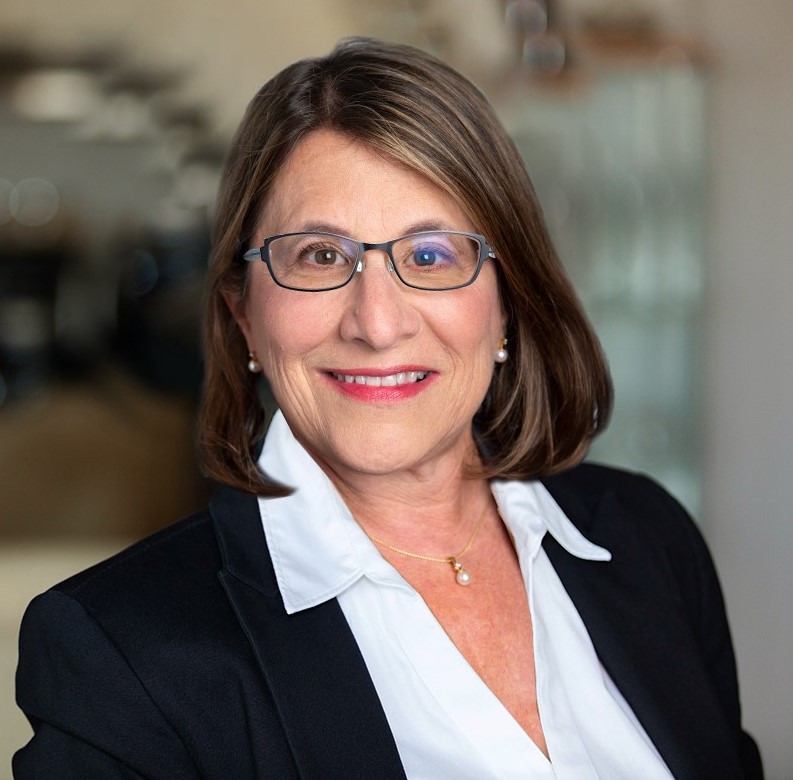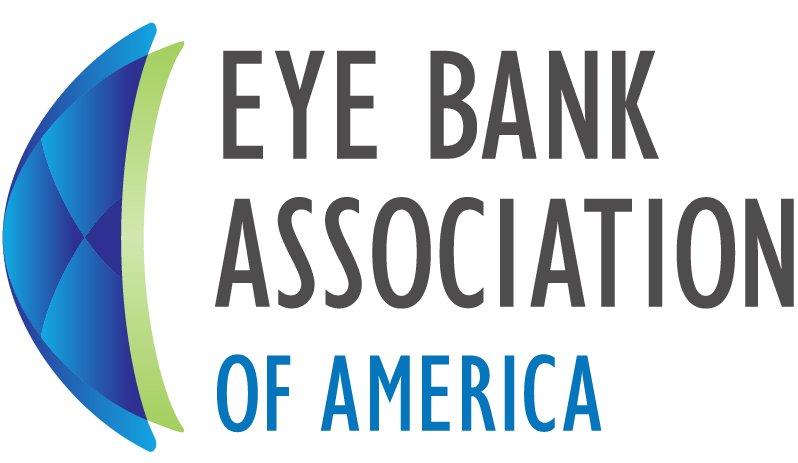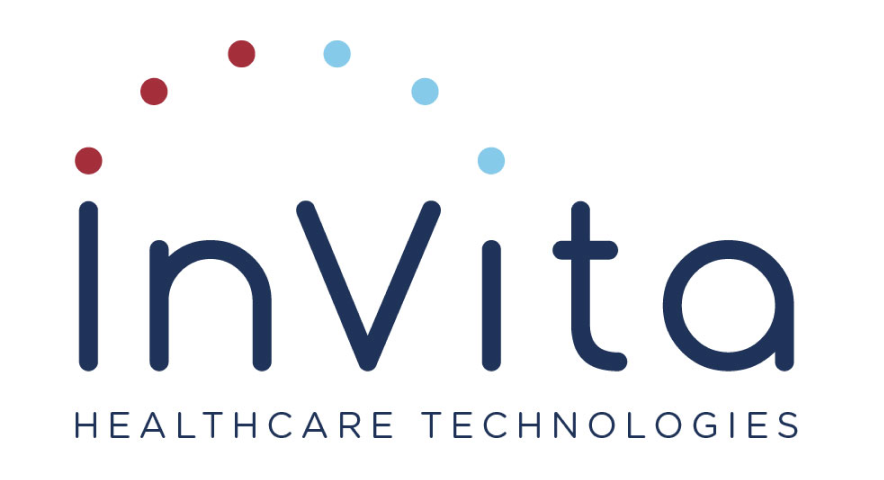Medical Advisory Committee
Eversight, Medical Eye Bank of West Virginia

Dr. Marian Macsai first remembers her interest in science perking up in the 6th grade. She recalls a school project about genetics that involved fruit flies that got her hooked. Another memorable project was an independent study comparing pollution on the Chicago side of Lake Michigan to the opposite side to evaluate a nuclear power plant’s impact on water temperature.
Marian attended the University of Chicago Lab School, and felt they really fostered her interests in math and science. Marian says, “I was a total math and science geek. I wasn’t good at all in English or Social Studies, and frankly, I wasn’t interested.”
It wasn’t until she moved to the Chicago suburbs during high school that she felt pushback on her academic interests. Her new school in Evanston, IL wouldn’t place her in accelerated science courses because she was a transfer student. As a sophomore, she should have been in a senior level math course, but they didn’t accommodate her.
She does remember her first day in her new school’s biology class. She sat next to a girl named Barbara, and asked her if she liked biology. Barbara told her “No,” and that she “didn’t usually do that well in school.” Marian reassured her saying, “Don’t worry. You’re going to do well. We are going to get As.” With Marian’s help, Barbara did get an A, and later went on to become a nurse.
Beyond her issues with the school’s curriculum, Marian also had to suffer the wrath of high school boys, and even teachers. She was teased for being smart, and had to endure snide remarks—after correctly completing a math problem at the board, one teacher even said she was “not bad for a girl.”
Marian attended the University of Michigan Honors College and after dabbling in a few different areas, she decided to pursue a pre-med trajectory. She was accepted into Rush Medical College in Chicago. While working towards her career goal of being an ophthalmologist, she gave birth to her first child during her last year of residency. She says it was “not easy” to juggle motherhood with residency. “They did not make it easy on women. It is still difficult – the system is not designed to make it easy or welcoming.”
During her Fellowship at the University of Iowa, she discovered eye banking. Mentored by Dr. Jay Kratchmer, she was encouraged to learn all aspects of the field. While she got paid to work as an eye bank technician, she was on call to do recoveries. Dr. Kratchmer wanted her to contribute to the field and be engaged with the EBAA, and Marian took his advice very seriously.
Her first job after her fellowship was at the West Virginia University, where she became the Medical Director of the Medical Eye Bank of West Virginia (MEBWV). It was here she became directly involved with the EBAA. She speaks glowingly of the eye banking community saying, “For young female physicians seeking a supportive environment to achieve by giving back and getting professional recognition, there’s no better place than eye banking. Everyone involved is altruistic, has tremendous willingness to help others, humanity, and humility. That’s not always the case in other professional organizations.”
Asked to advise other young women interested in a career in STEM she suggests, “Don’t listen to the boys in high school; follow your passion. They’re probably teasing you because they’re jealous. Try a lot of things, and don’t forget the arts! Art exposure makes you an ‘outside the box’ thinker and helps you excel.”


